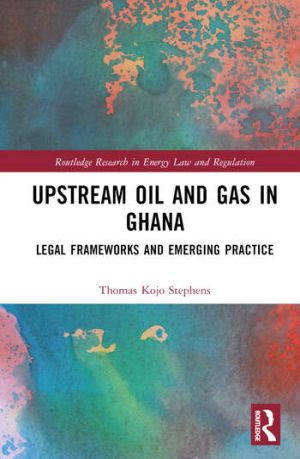
This book explores the myriad issues that play out in the upstream petroleum industry of Ghana from a legal perspective.
Focusing on Ghana as an emerging petroleum country, Thomas Kojo Stephens begins by examining whether the existing constitutional framework will be effective in governing the expanding oil and gas sector. Drawing on various approaches proffered by other experts in the field, Stephens looks at possible institutional structures that could be put in place and juxtaposes these ideas with the experience of Ghana to test the efficacy of these proposals. He also explores the types of contractual frameworks currently implemented in Ghana for comparison with other emerging petroleum economies, examining the barriers to effectiveness, novel provisions that must be incorporated and lessons learned from other regions. Finally, the book highlights how vital it is for the Ghanaian State to monitor the use of petroleum revenue and make ethical investment decisions that prioritise the interests of Ghanaian citizens.
Upstream Oil and Gas in Ghana will be of great interest to students and scholars of energy law and policy, oil and gas management and African Studies more broadly, as well as those working in the upstream petroleum industry.